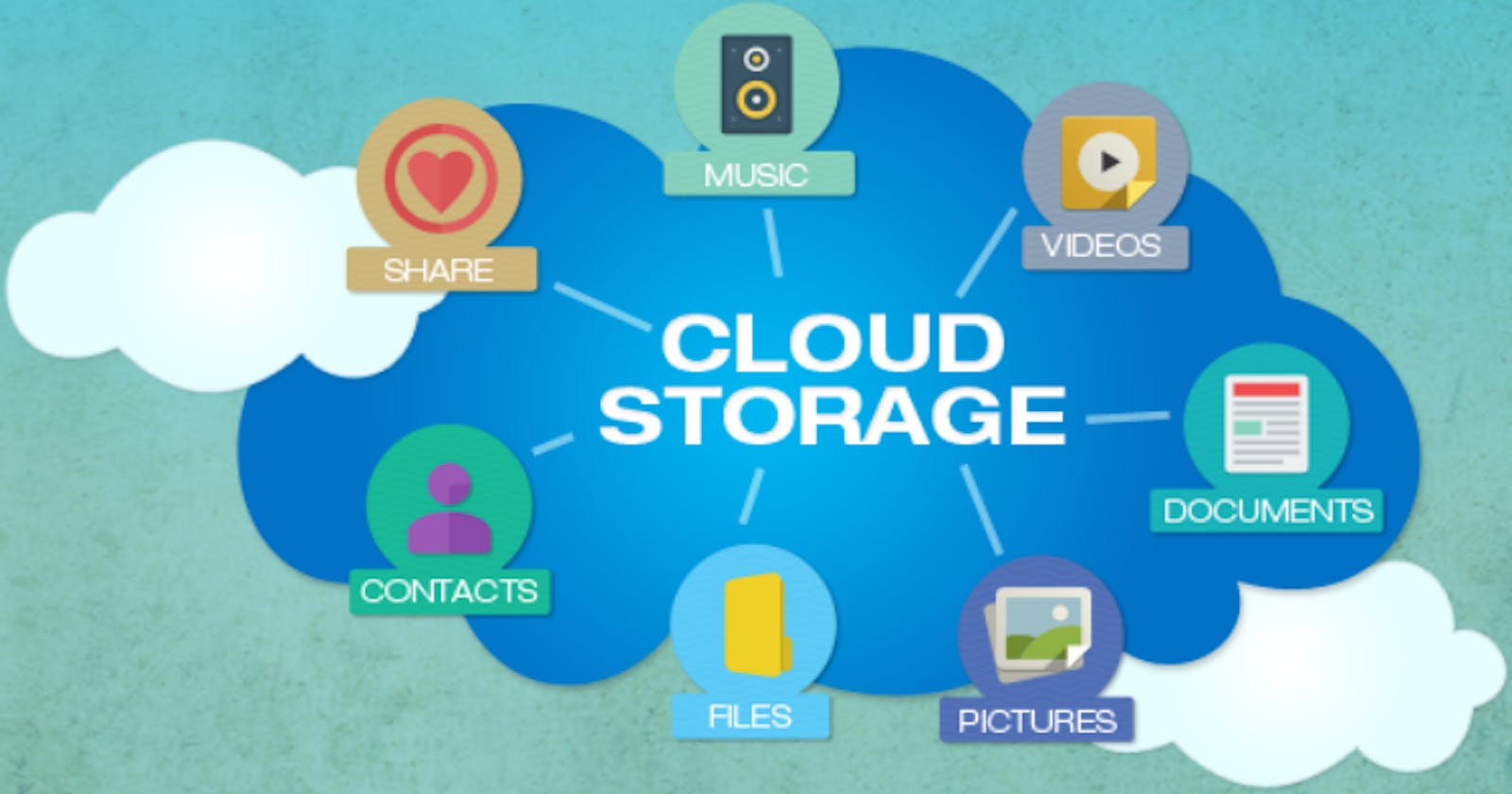Azure Storage Account
Navigating the Skies of Data: Unraveling the Wonders of Cloud Storage
In the data-driven world of today, cloud storage options have become essential for businesses that want to handle their data in a scalable and cost-effective way. Microsoft Azure stands out among the many cloud companies because it has a wide range of powerful storage options. we'll look at the different Azure cloud services and learn about their features, use case, and benefits in short.
Storage options:
Azure Blob Storage:
- As mentioned earlier, Azure Blob Storage is a fully managed object storage service for storing and managing unstructured data. It's suitable for a wide range of scenarios such as backups, content distribution, logging, and more.
Azure Files:
- Azure Files offers fully managed file shares in the cloud, providing shared storage that can be accessed using the standard SMB (Server Message Block) protocol. It's useful for lifting and shifting applications that rely on file shares to Azure.
Azure Table Storage:
- Azure Table Storage is a NoSQL data store that provides key/attribute-based access to semi-structured data. It's suitable for storing large amounts of structured data that requires fast access.
Azure Queue Storage:
- Azure Queue Storage is a service for storing and retrieving messages between applications. It's commonly used for building scalable and decoupled components in cloud applications.
Azure Disk Storage:
- Azure Disk Storage provides persistent block storage for virtual machines (VMs). It supports both managed and unmanaged disks, allowing you to attach data disks or operating system disks to VMs.
Azure Data Lake Storage Gen1 (ADLS Gen1) and Gen2 (ADLS Gen2):
- Azure Data Lake Storage provides scalable and secure data storage for big data analytics. ADLS Gen2, in particular, combines the features of ADLS Gen1 and Azure Blob Storage, offering a unified storage solution for analytics and data lake scenarios.
Azure Backup:
Azure Backup is a scalable data protection solution that enables you to back up and restore data from on-premises systems and virtual machines.
Conclusion :
Each of the many Azure cloud services has its own set of features and perks that can meet different business needs. Azure gives organisations the tools they need to handle, analyse, and protect their data, from storing unstructured data with Azure Blob Storage to analysing big data with Azure Data Lake Storage and everything in between. By knowing what these storage services can do, companies can make decisions that meet their unique needs and help them thrive in a data-driven world.
